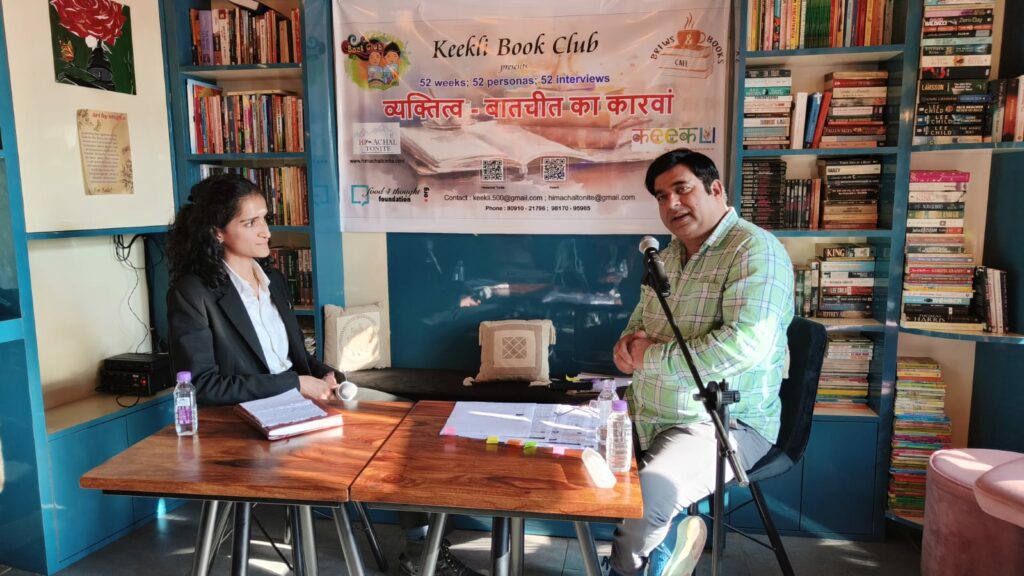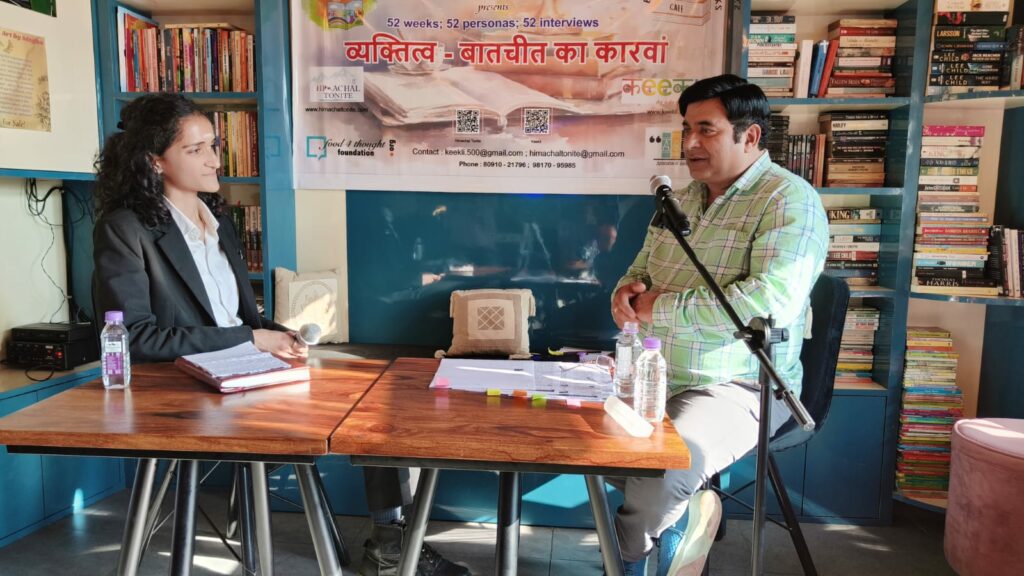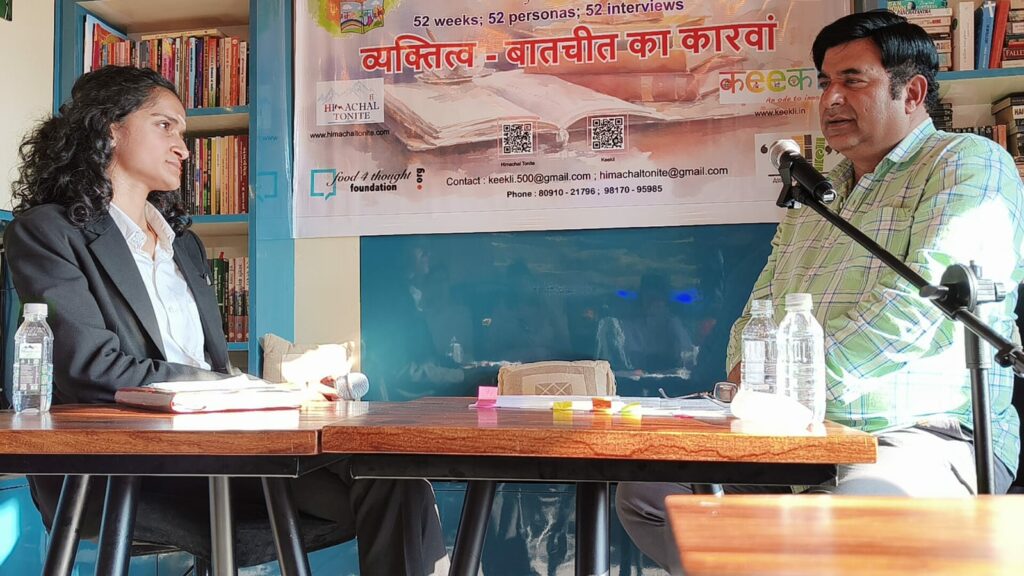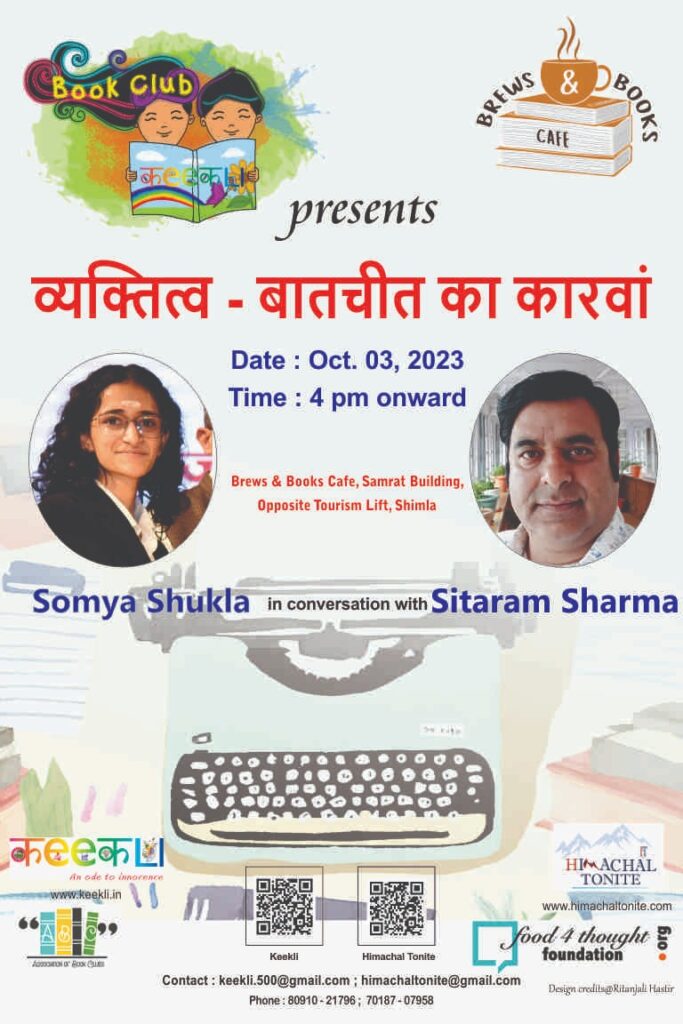
Unlike philosophers or self-help gurus, poets do not set out to provide solutions to life’s complex questions. Their role is not to prescribe, but to describe. They offer a mirror to the human condition, reflecting its beauty, pain, and contradictions. Poems don’t solve problems; they explore them, inviting readers to ponder and empathize, to feel and reflect.

John Keats once famously proclaimed, “Heard melodies are sweet, but those unheard are the sweetest.” This enduring statement encapsulates the essence of poetry—a medium that does not rely on wisdom alone but thrives on the ability to eloquently express the deepest emotions. A poet is not necessarily one who possesses great wisdom or offers solutions to life’s quandaries; rather, a poet is an artist of words who captures the human experience in its purest form, often serving as a historian or accountant for an era through vivid imagery and profound insights. A meaning message shared by Sitaram Sharma as he was interviewed by a young law student Somya Shukla, in yet another episode of व्यक्तित्व – बातचीत का कारवां, at Brews & Books Café, Shimla.
Emotion as the Core: At the heart of poetry lies emotion. Poets are not required to be wise or possess an extraordinary intellect. Instead, they are individuals who possess a unique sensitivity to the world around them, allowing them to delve into their own emotions and those of others. Poetry is the language of the heart and soul, where sentiments, both joyous and melancholic, find their voice. The ability to tap into these emotions and convey them through words is the poet’s true gift.

The Historian’s Role: In many ways, poets serve as historians of the human experience. Through their verses, they record the thoughts, feelings, and aspirations of a particular era or culture. Just as historians rely on documents and artifacts to understand the past, poets employ language to create a living narrative of their times. Wordsworth’s odes, T.S. Eliot’s “The Waste Land,” or Maya Angelou’s “Still I Rise” are all examples of poems that offer profound insights into the periods in which they were written.
An Accountant’s Emotions: As Sitaram enlightened and shared his views, he added that the power of a well-crafted poem lies not only in its ability to convey emotions but also in its capacity to elicit them in the reader. But then it is up to the readers to comprehend them.
CLICK TO SEE FACEBOOK FEED
CLICK TO SEE YOUTUBE FEED
***
“व्यक्तित्व – बातचीत का कारवां” talk show is specially curated for children and young writers/readers, to give them the opportunity to engage with senior writers and artists in a very casual and unpremeditated manner. Beginning August 2023, you will witness how our younger interviewers — from schools; colleges or universities — interact with 52 personalities on a weekly basis. These interviews will be held offline at Brews & Books Café, Shimla, that also offers an open library for all to use on the concept of ‘Borrow, Exchange, Donate,’ and will be streamed LIVE for all our patrons which can be watched on Keekli’s Facebook Channel and HimachalTonite‘s YouTube Channel, as well as our collaborators Association of Book Clubs and Food4Thought Foundation.





